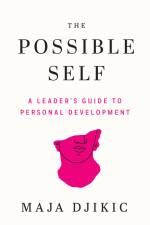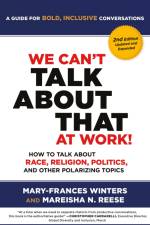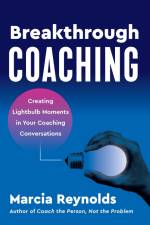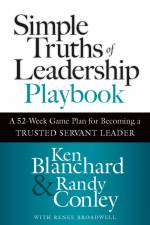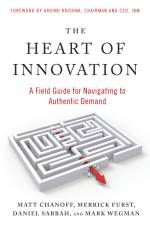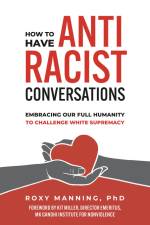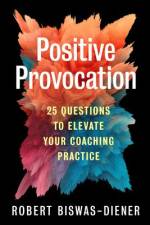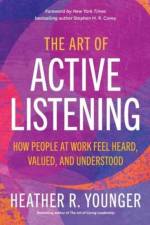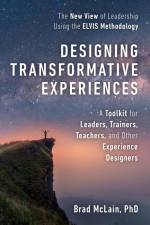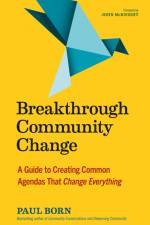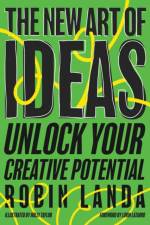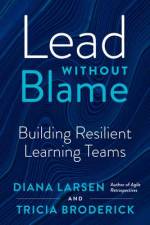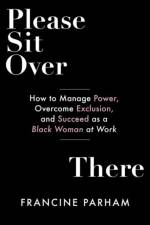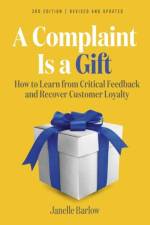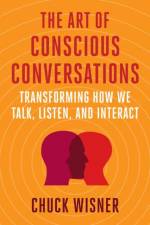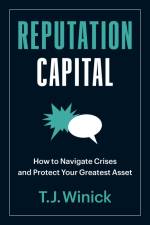av Mauro Porcini
389
PepsiCo’s award-winning chief design officer reveals the secret to creating life-changing innovations: putting human needs at the center of any design process.“Innovation is an act of love—or at least it should be. Always. It is a gesture of empathy, respect, generosity, of one human being’s devotion to another,” writes Mauro Porcini at the beginning of this extraordinary book.It is in part a memoir by one of the world’s leading designers—the first chief design officer at both 3M and Pepsi. But even more, it is a manifesto for a genuine, authentic, and deeply humanistic approach to design, one that aims to create personal and social value first and financial and economic value afterward.In every industry, new technologies have lowered the barrier to entry like never before. Either you design exceptional products or somebody will beat you to it. Porcini shows, through example after example and story after story, that the key to real, world-changing innovation is to put people first—not only the people we innovate for but also the people who lead the innovation process.Putting people first requires what Porcini calls unicorns: people who are in love with people, who have a genuine fire in them to create meaningful solutions for actual human beings. In this book, he describes them, celebrates them, and details their superpowers so you can find them, hire them, grow them, and retain them.Some are qualities you might expect—the ability to dream combined with the ability to execute. But when was the last time you heard an executive ask prospective hires if they were kind, optimistic, curious, or humble? Porcini uses his journey across startups and multinational corporations, through successes and failures, to create a handbook for modern innovators.

